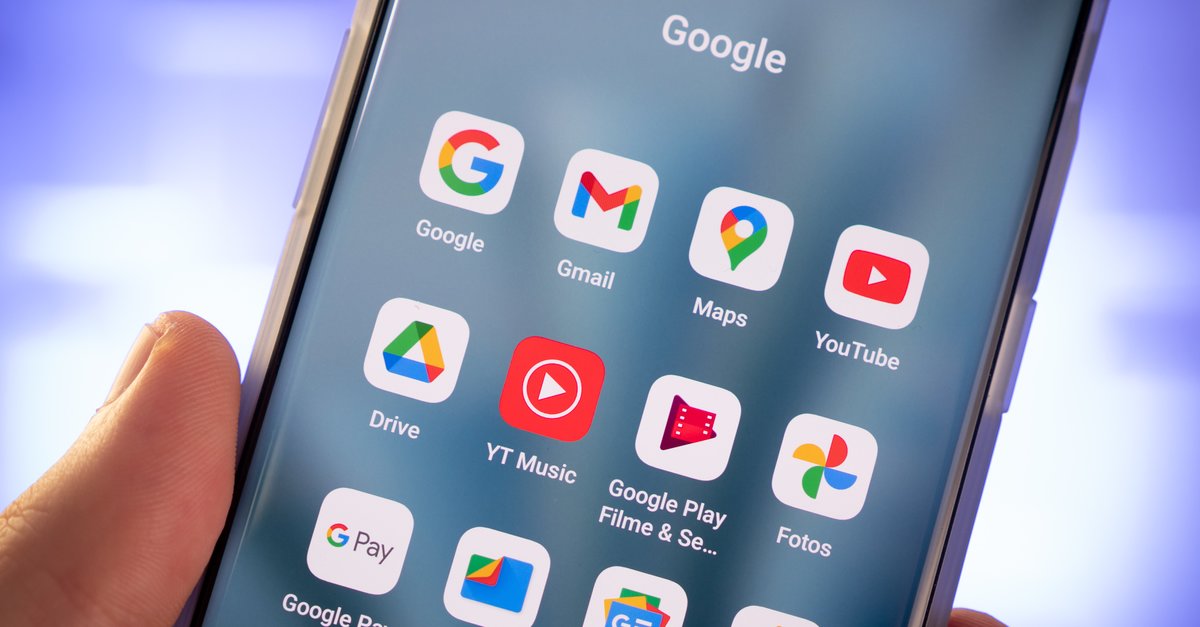What chance do honest products have on Amazon?
Amazon is the largest retailer in the world. Millions of orders are placed there every day and so the competition is huge. With large investments such as smartphones, laptops or furniture, many customers look at a test report or a video review, but who does that with cheap USB cables or power banks? That is why on Amazon, especially for cheap items, the rating is very important, more so than for all other products. What the “Quängelkassen” are in the supermarket, the cheap tech segment is on Amazon. Because many customers take a quick look at the rating “Ah, 5 stars can’t be that bad” and put it into their shopping cart.
This is not in itself wrong, because why should you do great research on purchases like a USB-C cable. However, this behavior creates a problem. Since most customers do not look three pages for a suitable USB-C cable and the reviews at least unconsciously influence a purchase decision, many resort to listing 1 or 2 with the 5 stars. Sure, every seller wants to be at the top and preferably with 5 stars, but how is a new manufacturer supposed to do that?
Most customers only rate a product when it is bad. Many customers forget a good rating (for things as simple as cables, for example). So how does a company motivate customers to rate their product? Put a note in the scope of delivery and write “please rate?”. No, that would hardly work. Many customers would simply ignore it. After all, it costs time and, as is known, it is money. You would have to give the customer a good reason to rate, and preferably positively. So some companies came up with the idea of enclosing a slip of paper that serves as a “voucher”. So if you buy a power bank or charging cable, you get part of the purchase price back. This can be redeemed for a rating on Amazon, after which the link for the rating is sent to the manufacturer by email.
Other means are also used. Employees created “Facebook groups” to hire other users as “product testers”. It is not about the “Amazon Vine” users, but about any Amazon customer. The “tester” buys the product, waits 14 days, leaves a 5-star rating and gets the money back for the product via PayPal. Both are of course against the Amazon guidelines. There have already been some media reports about it, but the latest from Wall Street Journal triggered a wave of seller bans.

Amazon is too important to cheat
Big brands like Aukey, TaoTronics or RAVPower were banned from the platform. The products have been well received by journalists and customers in the past. But the question arises “Would they ever have become known and relevant without fake reviews?”
Amazon itself does not see its duty and refers to the social networks and corresponding groups (without naming names). But they are clearly referring to the Facebook groups mentioned above. Amazon would report such groups and wait an average of 45 days for deletion.
Personally, I think there are far better ways than buying reviews. While it is more expensive to buy advertising on Amazon, good products are also recommended by satisfied customers. This advertising, in turn, is free and most effective. Social media has also become an effective way to market products these days. Yes, buying fake reviews is cheapest for companies, but you can also do without them. Because if you get caught, it can hit you hard. For many manufacturers, Amazon is the largest source of income and therefore irreplaceable for selling a product.


